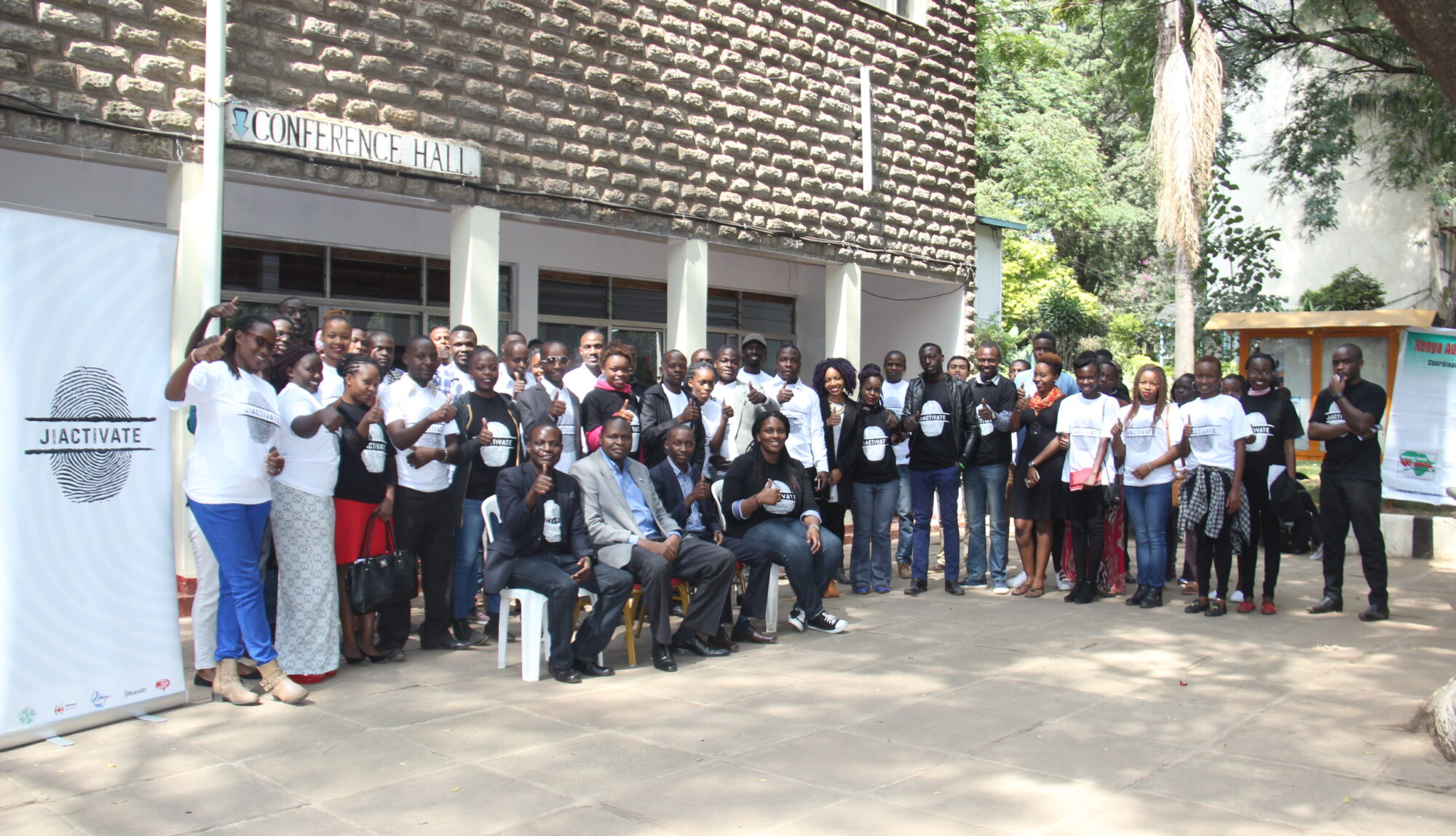

Persons of any age can be and are affected by Covid-19. However, youths are the population segment that is greatly affected by the pandemic (WHO 2021). Globally, United Nations describes youths as individuals whose age bracket is between 15 to 24 years. In the Kenyan context, the age bracket lies between 18 to 34 years. The youth interact in many different ways, in learning institutions and other social institutions such as sports centers, which expose them to Covid-19. They are highly dependent on social media and the internet as well which exposes them to misinformation about the virus.
The closure of social amenities and businesses led to idleness for a significant proportion of the group. The pandemic also scaled up the rate of unemployment among the youth. It also disrupted youth social engagements. There has also been an increase in domestic violence and mental health issues. Meaningfully engaging the youth in the fight against Covid-19 will help reduce its negative effects.
Below are strategies and methods of youth engagement and participation in Covid-19 prevention and control.
- Using social media platforms to spread accurate information about Covid-19. Twitter, Facebook, and WhatsApp, which most youth use are effective in disseminating appropriate, correct, and accurate information on the virus.
- Sensitizing the youth on invention and innovation of measures to prevent and control the spread of Covid-19 using locally available material.
- Inclusivity and participation of youths in decision-making processes as far as Covid-19 is concerned. Engage the youth in various groups within the society such as church groups and school clubs, to enquire what they recommend to upscale fight against Covid-19. Analysis and implementation of recommendations made can solve the impacts of the pandemic.
- Spearheading and encouraging the youth to form groups within the society to educate communities on Covid-19 prevention and control. Equipping the youth with the necessary skills and knowledge on Covid prevention and control protocols will help them educate communities on the same.
- Empowering the youth to devise inventions and innovations around Covid-19 prevention measures using locally available materials.
- Organizing mobile outreach programs targeting the youth to evaluate their measures of preventing Covid-19 through a community diagnosis. Health education can also help the youth reduce the spread of the virus.
- Engaging the youth in health promotion activities regarding Covid-19 prevention and control. For example, health facilities can offer health education on Covid-19 to help in the fight against it.
- Participation of Covid-19 prevention and control teams in youth activities such as sporting activities. This creates a chance for engagement by empowering the youth with knowledge and skills on Covid prevention and reducing its spread.
